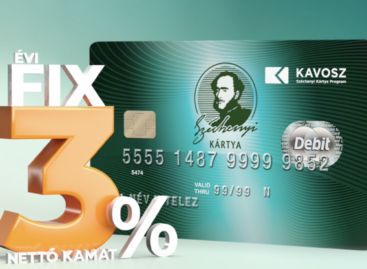The future of multi-use packaging – what should the commercial sector prepare for?
On April 24, 2024, the European Parliament issued a legislative resolution on the PPWR regulation (Packaging and Packaging Waste Regulation – Hungarian version here) on packaging and packaging waste, which is expected to enter into force in all EU member states in the coming months.
 PPWR will bring a significant change in the fields of manufacturing, trade, transportation, distribution and waste management.
PPWR will bring a significant change in the fields of manufacturing, trade, transportation, distribution and waste management.
In our summary article, by focusing on the main regulatory elements affecting the FMCG sector, we draw attention to the main regulatory points affecting trade.
What is the PPWR about and which economic actors does it affect?
The basic objective of the PPWR is to establish requirements for the entire life cycle of packaging in terms of environmental sustainability and labelling. It establishes requirements for the prevention of packaging waste, such as the reduction of unnecessary packaging and the reuse or refilling of packaging, as well as for the collection and treatment of packaging waste, including its recycling.
The draft sets out different specifications for consumer (primary), collective packaging (secondary) and transport (tertiary) packaging.
Economic operators who fill the packaging in the case of collective packaging, transport packaging or e-commerce packaging must ensure that the proportion of empty space is expected to be no more than 50% by January 1, 2030. The economic operator filling consumer packaging must ensure that the size of the empty space is reduced to the minimum necessary for the purpose of the packaging, including product protection.
Certain forms of packaging are subject to restrictions, which individual economic operators cannot put on the market after January 1, 2030. These are, for example, the single-use plastic packaging used to encourage the purchase of more than one product (wrapping film, shrink wrap) in relation to unprocessed fresh fruit and vegetables, the single-use plastic packaging in the case of quantities of less than 1.5 kg (nets, bags, trays, containers ). In the accommodation service and hospitality sector, trays, disposable plates and cups, bags, boxes, plastic packaging used for single-serving spices, preserved foods, sauces, coffee creamers, sugar and food flavorings, as well as cosmetic, hygiene and toiletries are disposable, packaging made exclusively for individual bookings (shampoo bottles, hand and body cream bottles, soap sachets).
Related news
Richárd Szabados: the Széchenyi Card multifunctional product package provides businesses with a solution for their specific life situations
🎧 Hallgasd a cikket: Lejátszás Szünet Folytatás Leállítás Nyelv: Auto…
Read more >Related news
EY Businessman of the Year: Tibor Veres is the grand prize winner, six special awards were also given out
🎧 Hallgasd a cikket: Lejátszás Szünet Folytatás Leállítás Nyelv: Auto…
Read more >









